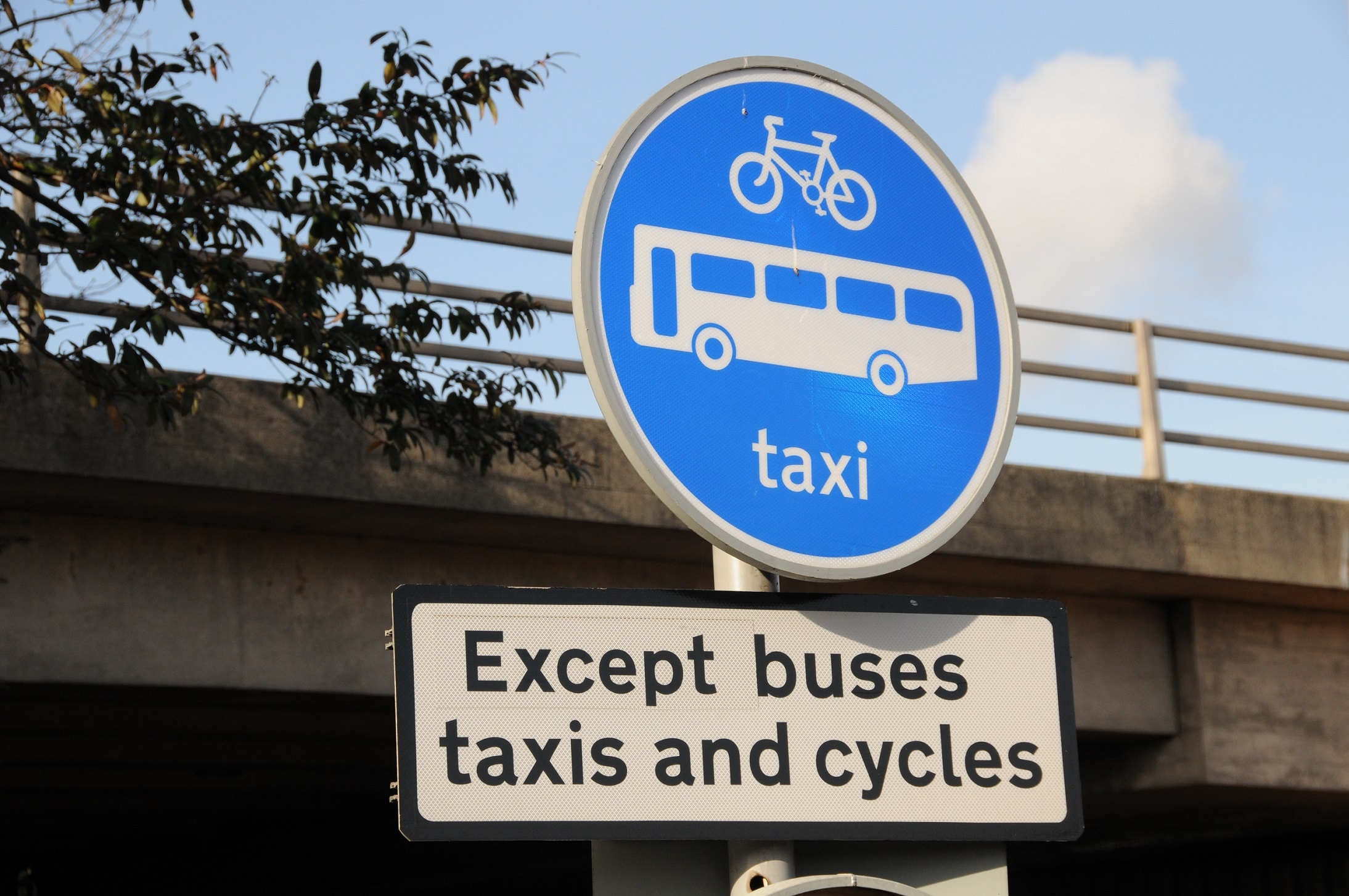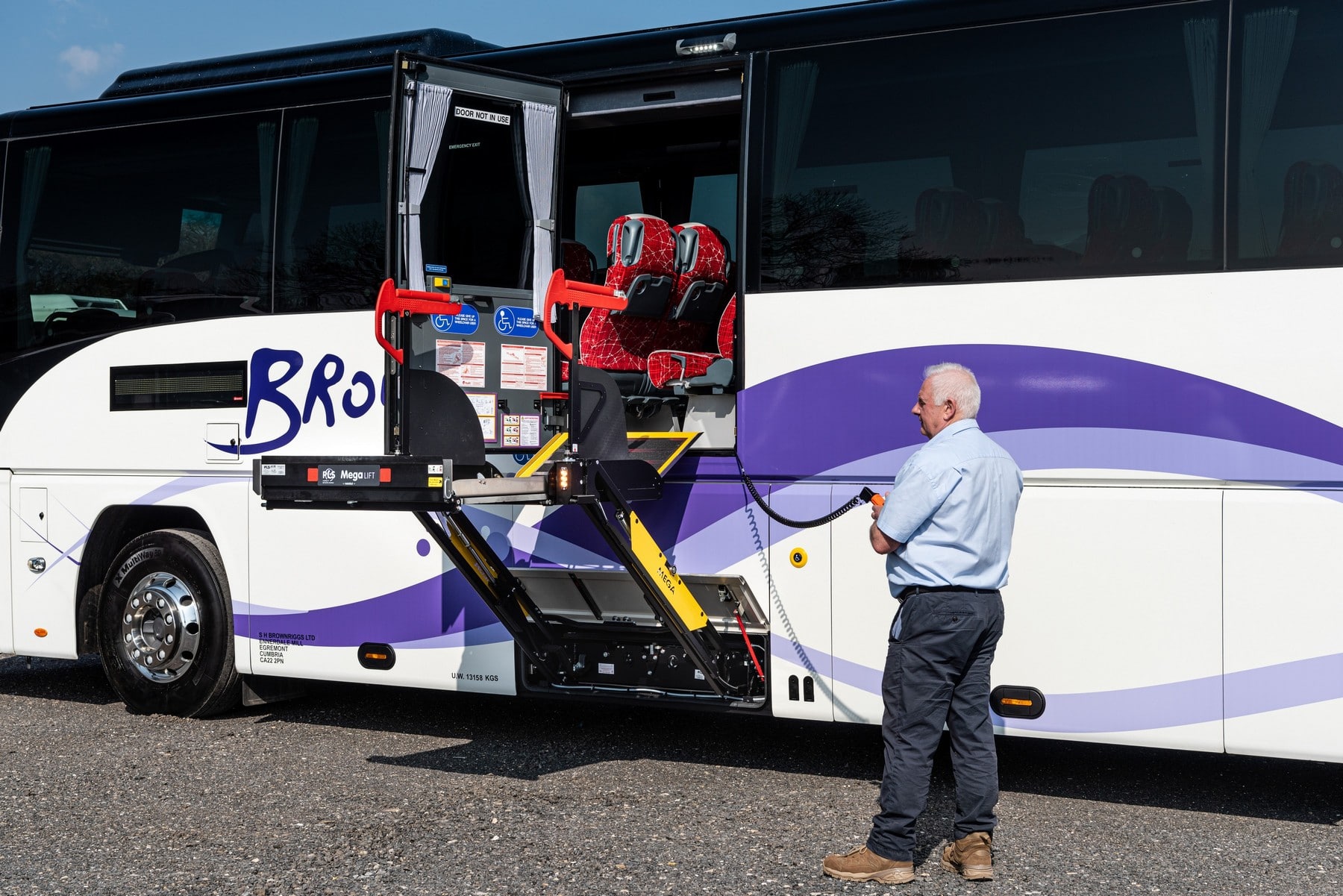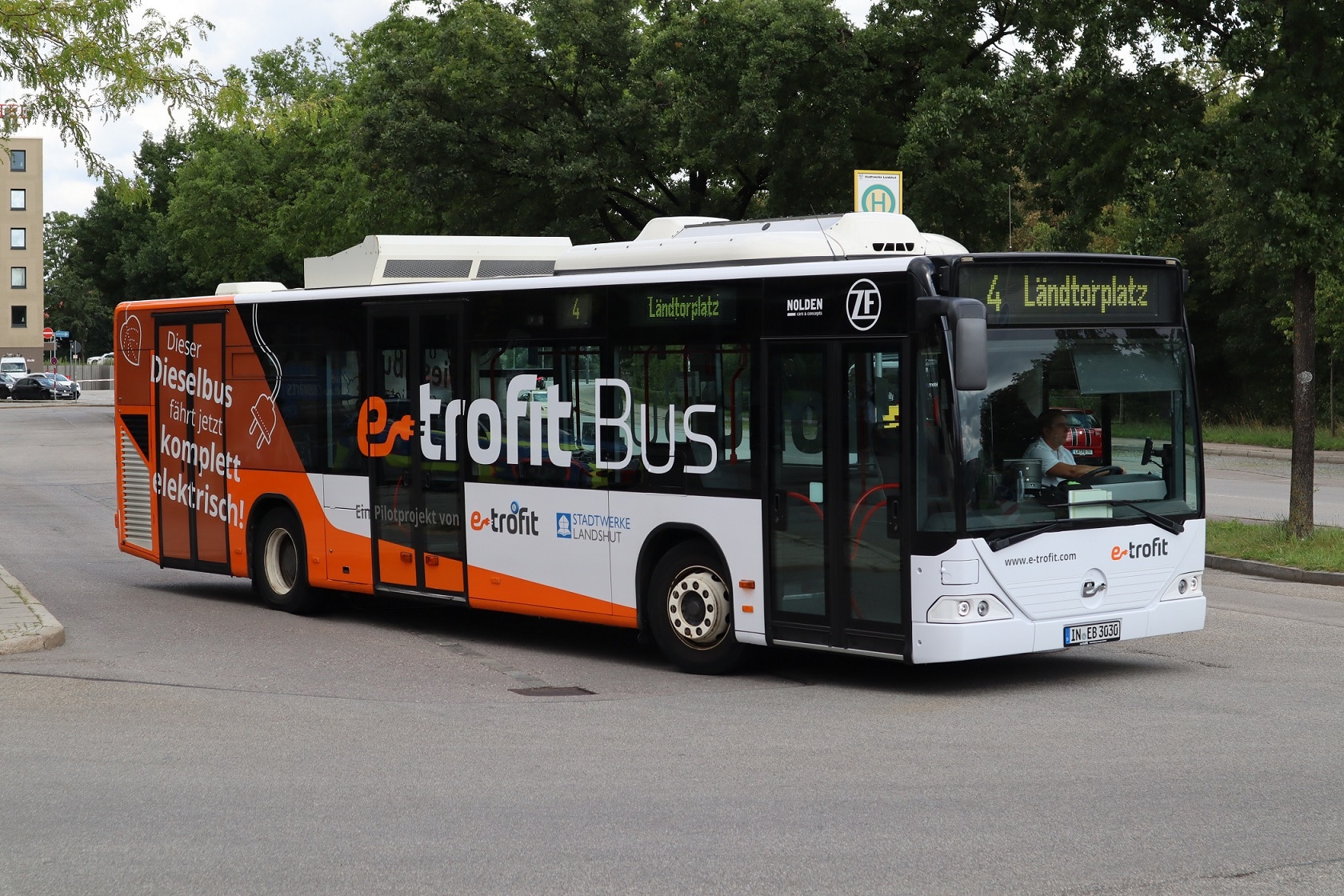There must be “a real drive” to position the operation of good bus services as a partnership between the industry and local authorities (LAs), Blackpool Transport Managing Director Jane Cole told the ALBUM conference.
However, Mrs Cole adds that austerity-driven policies at some LAs, such as a reliance on car park revenue, make that difficult. Guidance must thus come from national level to help with approaches to buses, and the necessary steps “will not come at no cost.”
Car users will only convert to bus “if we take away some of the options that they have,” she continues. Confederation of Passenger Transport (CPT) Chief Executive Graham Vidler contends that the lack of action among some LAs conflicts with many having declared climate emergencies. Putting national climate targets into action will call for “some very difficult decision” over coming months and years, Mr Vidler continues.
He views the bus sector as “a growth industry,” although expansion will likely only be in play in the longer term. When climate-related steps that must be achieved are considered, the bus has “a fundamental role,” giving reason to be optimistic.
However, the coming three or four years will be challenging for the sector, says Stephensons of Essex MD Bill Hiron. His concern is that there may be “a dose of reality” for SME operators in that period. But Mr Hiron has reacted positively to the steps that funded Bus Service Improvement Plans in England include to disincentivise car use. “If we are looking for a glimmer of hope, it is that the nudge is being made.”



























